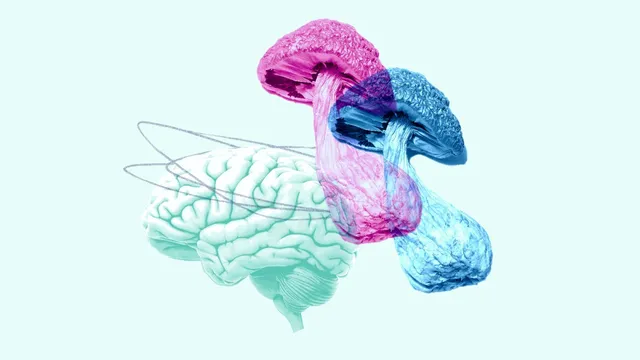
New Zealand approves psilocybin to treat depression
2025-06-19 04:44- New Zealand has approved psilocybin for therapeutic use by select psychiatrists.
- This decision allows for the treatment of patients with treatment-resistant depression.
- The approval reflects a broader trend in recognizing psychedelics for mental health treatments.
Express your sentiment!
Insights
New Zealand has taken a significant step in mental health treatment by approving the therapeutic use of psilocybin for patients suffering from treatment-resistant depression. This decision allows a specifically approved psychiatrist, Cameron Lacey, to prescribe the substance under strict regulatory guidelines. Psilocybin, a compound found in 'magic mushrooms', has been a focal point of discussion regarding its potential benefits in mental health treatment. The approval represents a shift towards exploring alternative therapies in a country that joins a growing list of nations reconsidering the regulations surrounding psychedelics. This policy change comes amid a broader global trend where various countries are recognizing the potential of psychedelics as therapeutic agents. Governments worldwide, including those in Australia and Switzerland, have ditched prohibitive practices regarding psychedelics, paving the way for scientific research and clinical applications. In New Zealand, the Associate Minister for Health, David Seymour, emphasized the importance of enabling doctors to administer treatments they believe could be beneficial to their patients. In addition, the approval highlights the ongoing conversation around mental health, particularly the need for innovative treatments beyond conventional pharmaceuticals. With mental health issues rising globally, as evidenced by the increasing rates of depression and anxiety, there is an urgent need for effective treatment options. The approval in New Zealand could serve as an impetus for potential changes in other countries as well, sparking discussions about the regulatory frameworks surrounding these substances. In alignment with this progressive stance, New Zealand is also planning to loosen restrictions on other substances like melatonin for treating insomnia. However, while initial steps have been taken, there is still a significant path ahead for full recognition and integration of psychedelics into the mainstream medical landscape. As practices evolve, healthcare providers will be closely monitored to ensure safety and efficacy in their treatment approaches, ultimately contributing to a more comprehensive understanding of mental health.
Contexts
Psilocybin, a naturally occurring psychedelic compound found in certain species of mushrooms, has garnered significant attention in recent years for its potential effects on mental health. Research indicates that psilocybin may play a role in alleviating symptoms of various mental health disorders, including depression, anxiety, and post-traumatic stress disorder (PTSD). Studies suggest that psilocybin facilitates a profound psychological experience, or "trip," that can lead to significant therapeutic advancements by helping individuals re-evaluate their perceptions and experiences. These experiences often result in lasting changes in attitudes, behaviors, and emotional well-being, making psilocybin a promising candidate in the treatment of mental health conditions that have historically been difficult to manage with traditional therapies. Clinical trials have shown that administered psilocybin can lead to a notable reduction in symptoms of depression and anxiety, particularly in patients with terminal illness. In these trials, participants reported a decrease in existential distress and a greater sense of connection to the universe, which may enhance their overall mental well-being. Through its action on serotonin receptors in the brain, psilocybin is thought to induce neuroplasticity, allowing for new neural connections to form, which can aid in overcoming rigid thought patterns often associated with mental illnesses. Importantly, the environment in which psilocybin is consumed—often referred to as "set and setting"—plays a crucial role in the efficacy of the treatment. Proper guidance and therapeutic support can enhance the positive outcomes. Moreover, psilocybin's safety profile appears to be favorable when used under controlled conditions. The risk of addiction is low, and adverse events are typically mild and short-lived, such as anxiety or nausea. However, ensuring patient safety is paramount, necessitating comprehensive screening to identify those who may be at risk for complications, such as individuals with a personal history of psychosis. The growing interest in psilocybin has led to an increase in regulatory studies, advocating for its potential inclusion in therapeutic settings while emphasizing that thorough understanding and caution are essential when recognizing its effects on mental health. In conclusion, psilocybin represents a frontier in mental health treatment, with emerging evidence supporting its efficacy in treating various psychological ailments. As research continues to unveil the mechanisms underlying its therapeutic effects, it is critical to adopt a careful and informed approach to its application in clinical settings. The positive outcomes observed in recent studies suggest a need for further exploration into psilocybin as a viable treatment option. Ultimately, the potential benefits for individuals seeking relief from debilitating mental health conditions could be significant, paving the way for new treatment paradigms that prioritize holistic and effective care.